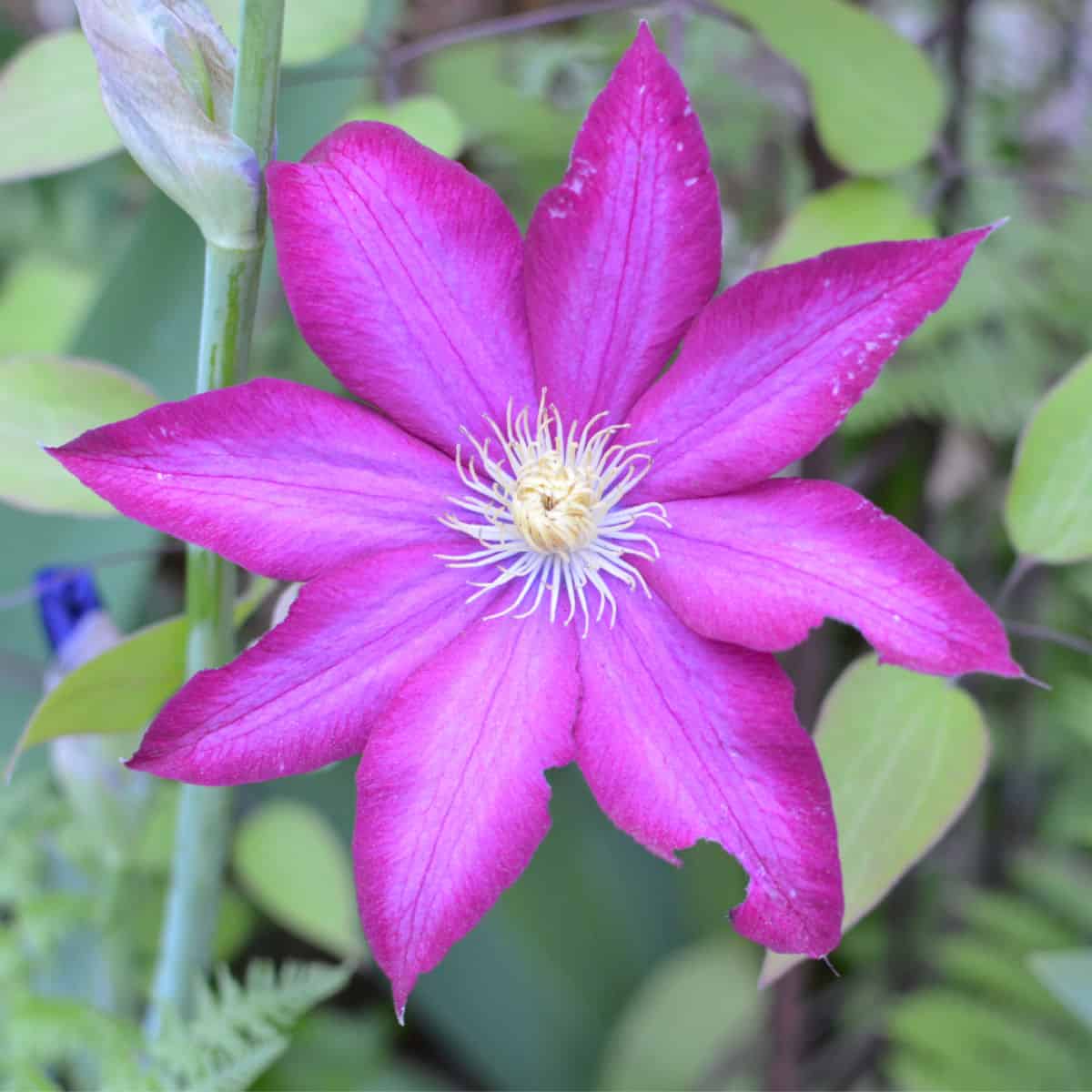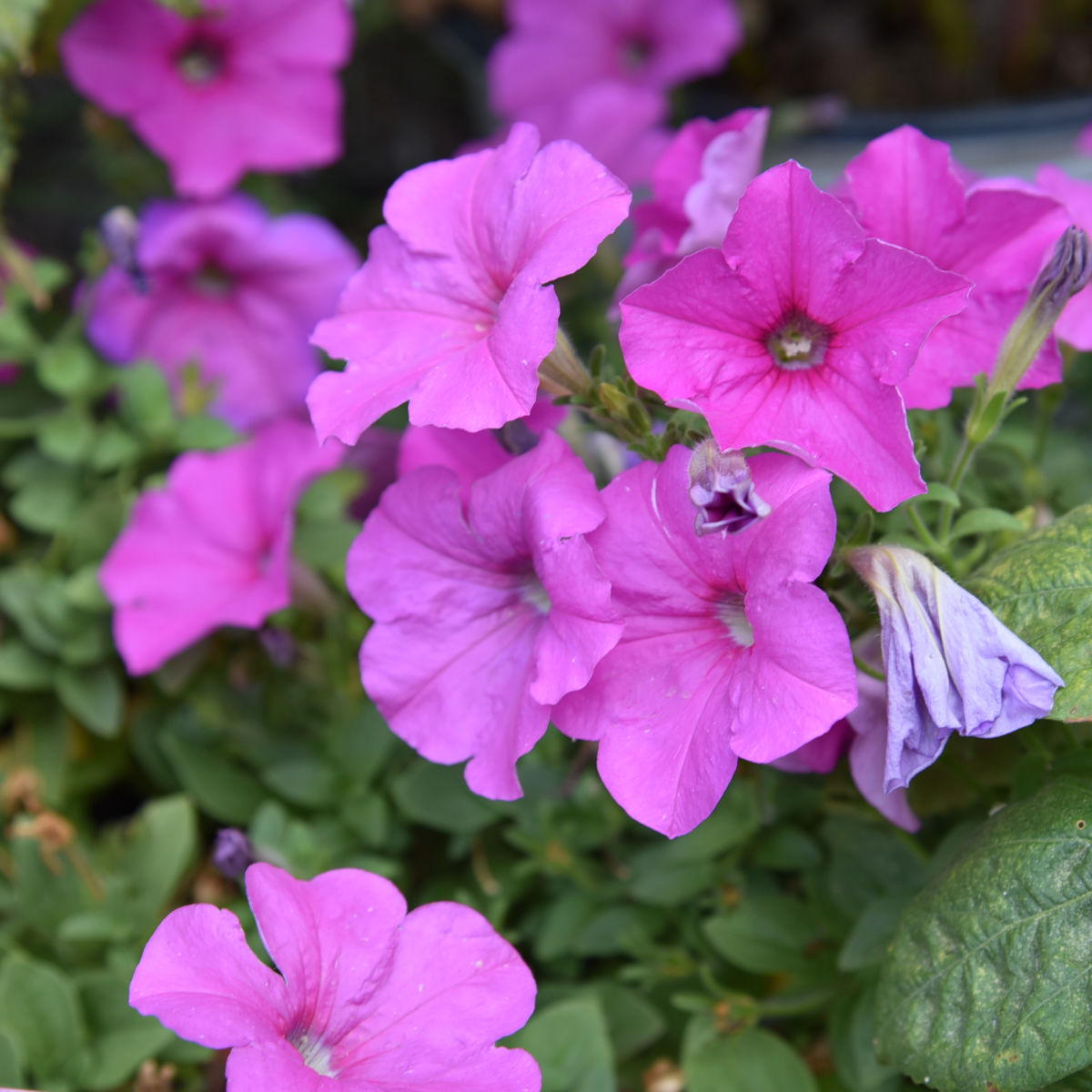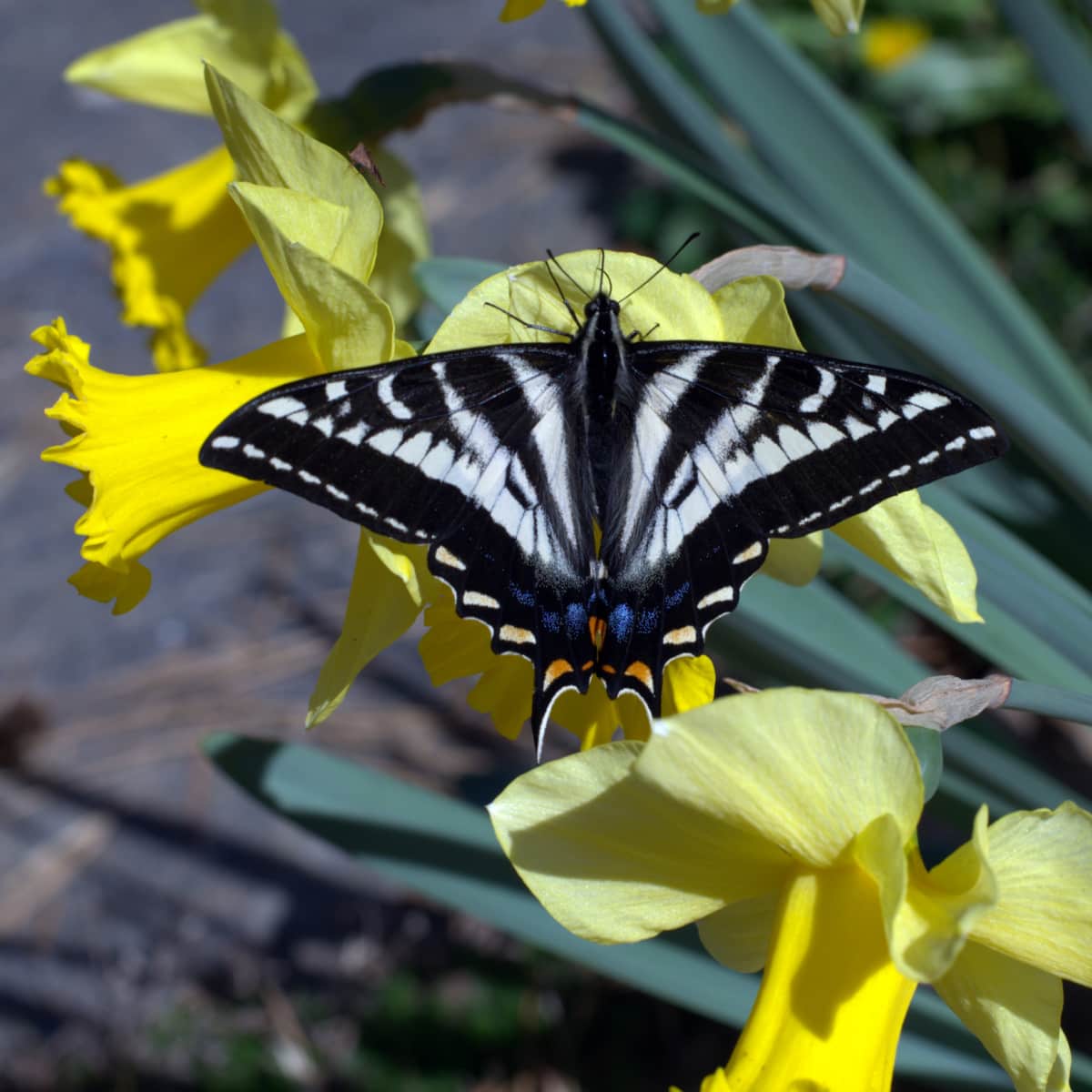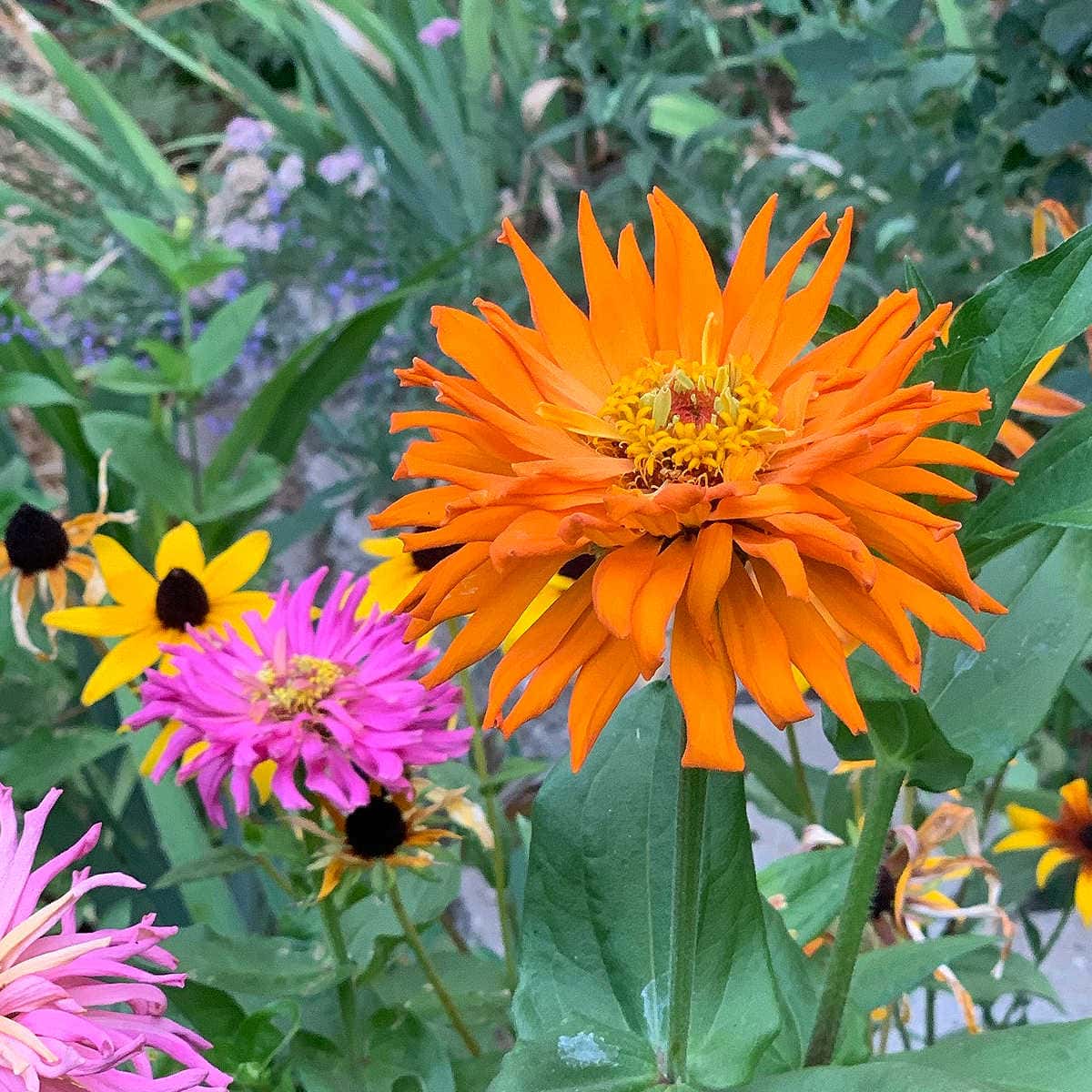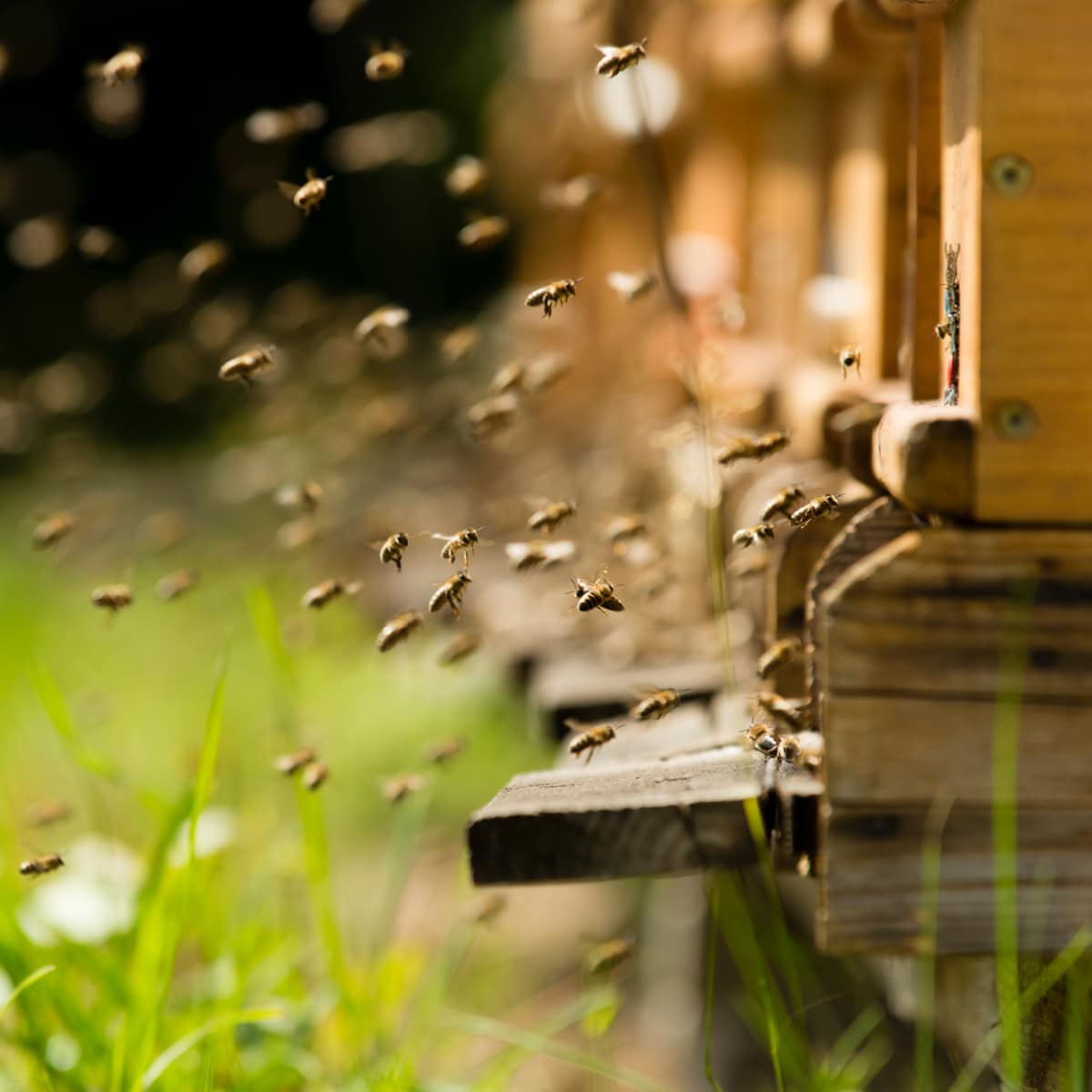Growing Eden Roses: A Simple Guide for Beautiful Blooms
My Eden Rose is one of my all-time favorite roses. Today I will share how you can grow this beauty and enjoy it in your garden!
Eden rose aka Pierre de Ronsard rose is one of the easier ones to root.
Make sure and check out the video at the end of this post as I take you along on taking cuttings to root more of this stunning rose!
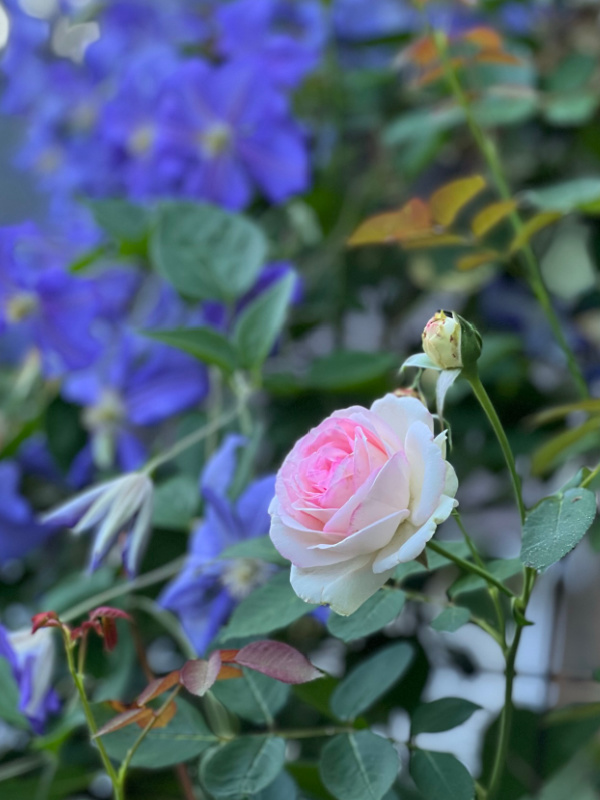
The Eden Rose aka Pierre de Ronsard Rose: A Brief Overview
Now the story of who actually bred this rose is up for debate some claim the Pierre de Ronsard rose, also known as Eden Rose was bred by Jacques Mouchotte before 1985.
It was introduced to France in 1985 on the 400th death anniversary of the great French poet, Pierre de Ronsard, in 1985 by Meilland International.
Others say that Marie-Louise Meilland bred it and if you look up the rose and what its parentage is it seems to hold up under scrutiny that she was in fact the one create the Pierre de Ronsard rose.
They did not name it the Eden rose as they had already introduced a hybrid tea by that name back in 1950.
Description
This rose has romantically cupped and globular blooms that are delightfully old-fashioned and only slightly fragrant. (others claim it is moderately fragrant but I have not found it to be so)
Its distinctive blooms along with healthy and vigorous growth habits make it a popular choice for trellises, arbors, and pergolas, creating a stunning focal point in any garden.
Growing Eden Roses: A Simple Guide for Beautiful Blooms
Though Eden (Pierre de Ronsard) roses are relatively easy (as far as roses go) there are a few things to be aware of.
I will share what I have found after 10 years of growing this rose in my garden.
All the best garden tips
Growing Roses
Growing roses is not as complicated as many seem to present. You just need to know a few tips and tricks and I share them here!
Choosing the Right Spot
Before you get started digging, it’s important to select the perfect spot for your rose. Here are some key considerations:
Sunlight:
Eden Roses thrive in full sun, which means they need at least 6 hours of direct sunlight each day. Ensure the chosen spot receives ample direct sunlight for healthy growth and abundant blooms.
If you plant this rose in part shade it will still grow but it won’t bloom as prolifically as it will when it gets more sun.
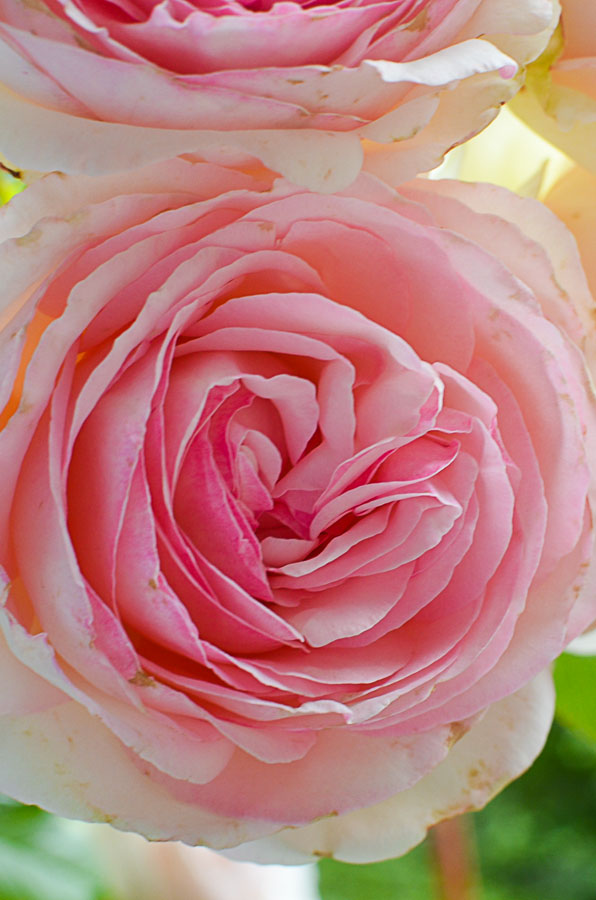
Soil:
These roses prefer well-draining soil that’s rich in organic matter. Consider adding compost or well-rotted manure to improve soil fertility and texture.
I create my own compost super easily. No complicated formulas and it has worked for years. Go ahead and read about that here!
If I don’t have any of my homemade compost on hand I get bulk compost from a local organic turkey farm which I apply in Fall and/or Spring.
I also have been known to spread the litter from my chicken pen at the base of my roses in late Fall or early Winter. It is too cold then for the plants to take up nutrients so it won’t burn them.
Bagged compost from your local garden center should work as well, just make sure it is chemical-free.
All the best garden tips
Regenerate Your Soil
If you’re new to gardening, you might think that the key to a thriving garden is to fertilize, fertilize, fertilize. Just stop, Regenerate the Soil instead!
Planting Your Eden Rose
Once you’ve found the ideal spot, it’s time to get planting:
Timing:
The best time to plant Eden Roses is in early spring or late fall when the weather is cooler. This gives the plant time to establish itself before the stress of summer heat or winter cold.
Personally, I prefer Fall as the rose gets going for maximum growth when the warmer weather hits in Spring.
This will get you blooms sooner, and who doesn’t want earlier blooms?
Digging the Hole:
Dig a hole that’s twice as wide and deep as the root ball of your rose plant. This gives the roots plenty of room to spread out.
Don’t add anything to the hole, especially not Bone Meal!
I tell you why in this post: Bone Meal, what’s the harm?
Just a note of caution, most starter fertilizers have bone meal in them.
Bone meal can attract unwanted digging critters as well as the other negative impacts listed in the article I linked.
Backfilling:
Fill the hole with soil, gently firming it around the plant. Water thoroughly to help settle the soil.
Most Eden roses I have found online are not grafted but if, for some reason, you get a grafted one make sure to bury the graft about 2 inches below the surface.
Because of my local conditions and fluctuating temps that can badly damage roses, I always try to get ‘own root’ roses rather than grafted.
If for some reason the rose gets killed to the ground, it will come back from the root true.
This means the rose will be the rose I want and not the rootstock rose which is typically Dr. Huey.
Watering and Feeding
Watering:
Eden Roses like consistent moisture, but they don’t like to sit in waterlogged soil.
Water deeply once or twice a week, depending on weather conditions. Aim to keep the soil evenly moist.
Like many plants, roses prefer at least 1 inch of rain a week. That amounts to about 5 gallons.
If you do not get that much rain then additional water during the winter may be warranted.
Feeding:
Fertilize your rose in early spring with a balanced, slow-release fertilizer. Follow the instructions on the label for proper application.
I typically side dress with compost as my slow-release fertilizer or a cup full of worm castings spread at the base of the rose.
Then during the spring and summer, I will weekly, weakly fertilize with a liquid organic fertilizer.
When I say weekly, weakly I mean I dilute the liquid to a quarter of strength and water the rose on a weekly basis.
My two go-to liquid fertilizers are: Agrothrive General and Dakota Eco Organic Fertilizer (made from plant waste).
I use these two fertilizers since they feed the soil and the plants. Win, win!
If you find the weekly schedule too time-consuming then fertilize once a month at the regular dilution.
My soil is very rich so my in-ground roses don’t always get fertilized as much and they do fine but the ones I have in containers do best with the weekly treatment.
Pruning and Maintenance
Pruning:
Regular pruning helps maintain the shape and health of your Eden Rose.
In late winter or early spring, remove dead or diseased wood, and cut back any canes that are unruly.
I typically do a healthy prune in late Fall so the heavy snow doesn’t break the canes.
In high wind areas, you may want to make sure to tie the canes to a sturdy structure and or prune to prevent wind rock and whipping.
All the best garden tips
Pruning My Eden Roses
Prune & Train Your Eden Climbing Rose, why and when to prune your climbing roses.
Mulching:
Apply a layer of organic mulch around the base of the plant, keeping it about 2-3 inches away from the stem.
This helps retain moisture, suppress weeds, and regulate soil temperature.
Dealing with Pests and Diseases
Monitoring:
Keep an eye out for common rose pests like aphids, spider mites, and Japanese beetles. Early detection is key to preventing infestations.
I treat aphids by blasting them off my roses with a stream of water, it helps keep them from sucking the life out of the rose but soon the Ladybugs show up and reduce the population.
Spider mites but a spray of water too and this year I used beneficial insects to help. It seems to have worked somewhat.
I personally have not had to deal with Japanese beetles yet but know many do.
For aphids and spider mites, I am testing a botanical product that seems to be working fabulously.
Natural Disease Remedies:
For diseases, ensure good air circulation around the plant and avoid overhead watering.
This year I tested using milk as a fungicide. It seemed to help but the dilution rate I used left an ugly film on the leaves.
If I were to do that again I would make sure to dilute it more.
I have a drier climate, I have read that folks that have more humid conditions have issues with black spot on Eden roses. So be warned.
Enjoying the Blooms
With proper care and attention, your Eden Rose will reward you with stunning blooms that can be enjoyed for years to come.
In my garden the flowers are not fragrant but the way they fade on the vine and hold up (not shower petals all over) makes up for the lack of scent.
Remember, gardening is a journey, and each rose you grow is a testament to your dedication and love for nature.
View Video Here:
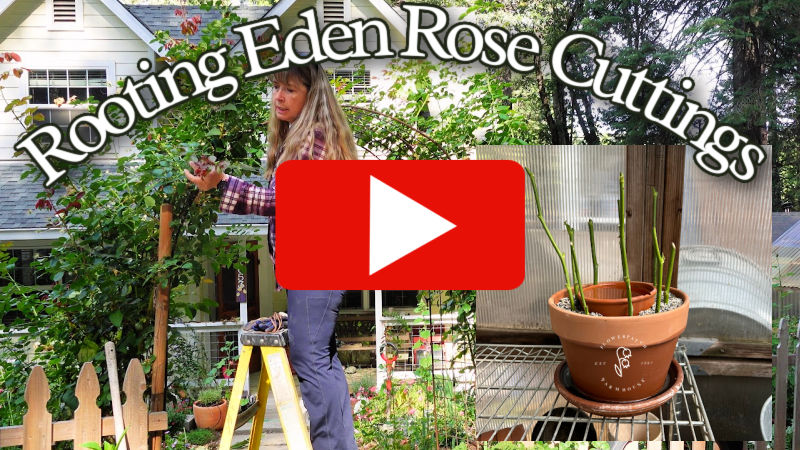
Happy gardening!
